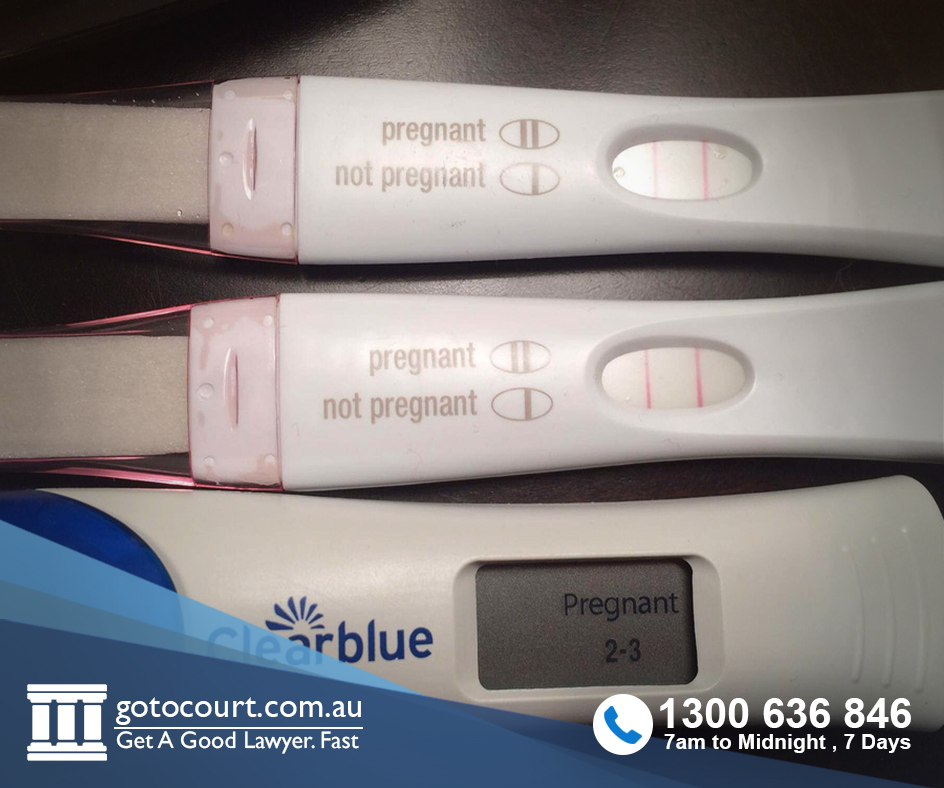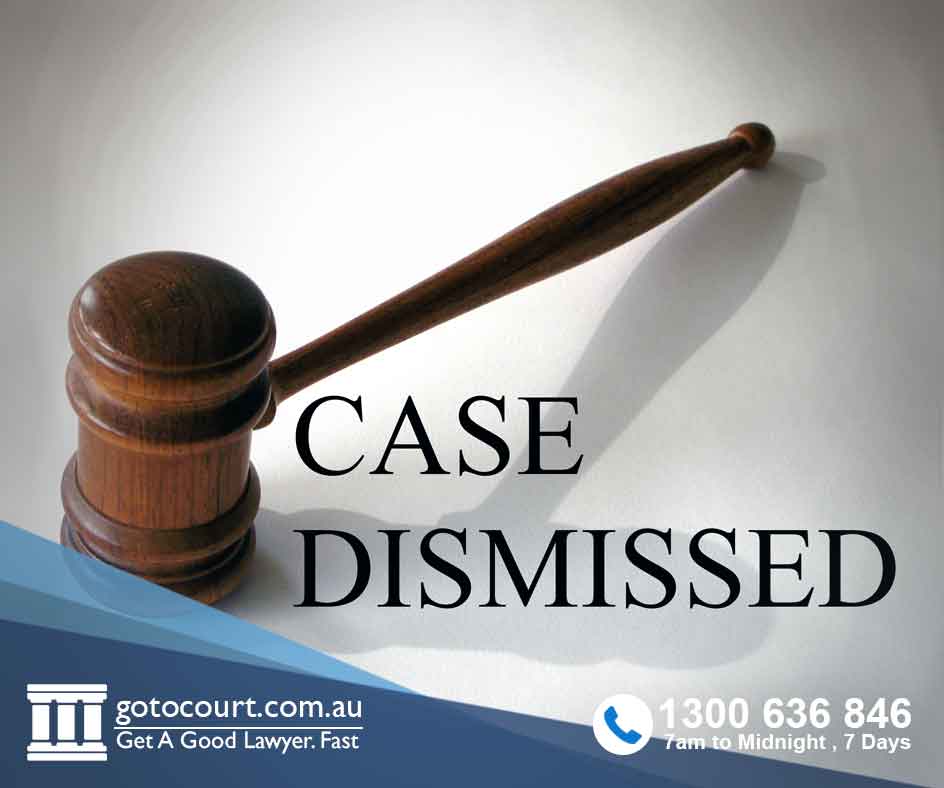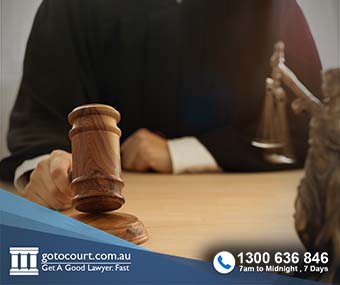What is a Contested Hearing? (Vic)
When someone in Victoria is charged with summary offences, the matter can be finalised in the Magistrates Court. If the offender pleads guilty, they will proceed to be sentenced by a magistrate. If they plead not guilty, the matter will be listed for a contested hearing. This is a hearing in front of a Magistrate, who will hear evidence and submissions from the prosecution and the defence and decide whether the accused has been proven guilty beyond a reasonable doubt.
When a person is charged with indictable offences, which must be dealt with by a higher court, they must go through another process, known as a committal hearing.
Entering a plea
When a person wishes to plead not guilty in a summary matter, they must first enter a plea of not guilty. This is how an accused formally tells the court they are contesting the charge. A person can plead not guilty because they have a legal defence to the charge (for example, they were acting in self-defence) or a factual defence (such as an alibi).
A person can also opt to plead not guilty purely to ‘put the prosecution to proof.’ This means the prosecution must put all the evidence before the court and establish that the person is guilty beyond a reasonable doubt. If the prosecution does not have a strong case, the defendant may choose to do this even where they do not have a defence.
Brief of evidence
Once you have entered a plea of not guilty, you or your lawyer will be served with a brief of evidence. This is a copy of all the evidence the prosecution intends to rely on at the contested hearing. It may include witness statements, CCTV footage, police interviews and expert evidence. It is important to go through the brief of evidence carefully to assess the strength of the prosecution case and the strength of the defence you plan to run.
Contest mention
Once a plea of not guilty has been entered and the brief of evidence received, the matter may need to proceed to a contest mention. This is a court date where the defence and prosecution confirm to the court that they intend to proceed to a contested hearing and inform the court of:
- What issues are in dispute;
- How many witnesses will give evidence;
- How long the contested hearing is likely to take;
- Any other practical issues (for example, the use of interpreters).
At the contest mention, the accused can request a sentence indication from the Magistrate. This is an estimate of the penalty that would be imposed if they were to plead guilty. If it seems the prosecution has a strong case, it may be advisable to change the plea. In some cases, the prosecution may agree to drop some charges if the accused pleads guilty to others. Alternately, where the prosecution case is weak, they may agree to withdraw some or all of the charges.
If a matter does not proceed to contest mention, it will generally proceed to a case conference. This is a meeting where parties can ascertain whether there are any issues they are in agreement over and whether there is any change of resolving the matter.
Contested hearing
If the matter cannot be resolved, parties will proceed to the contested hearing.
Prior to the contested hearing, the defence will need to decide:
- Which of the prosecution witnesses it needs to cross-examine;
- Whether to call any defence witnesses;
- Whether the defendant should give evidence;
- Whether any of the prosecution evidence is potentially inadmissible. If this is the case, the defence should request to conduct a pre-trial proceeding known as a voir dire, to determine the admissibility of the evidence in question.
- Obtain character references and other supporting material to hand up to the court in the event the accused is found guilty.
Appeals
If a party is unhappy with a Magistrate’s decision at a contested hearing, it may appeal to the County Court. An appeal can be against the verdict, against the sentence imposed, or both. Both the defence and the prosecution have the right to appeal against a Magistrate’s decision.
If a party wishes to appeal, it must do so within 28 days of the decision being handed down.
If you require legal advice or representation in a criminal law matter or in any other legal matter, please contact Go To Court Lawyers.






